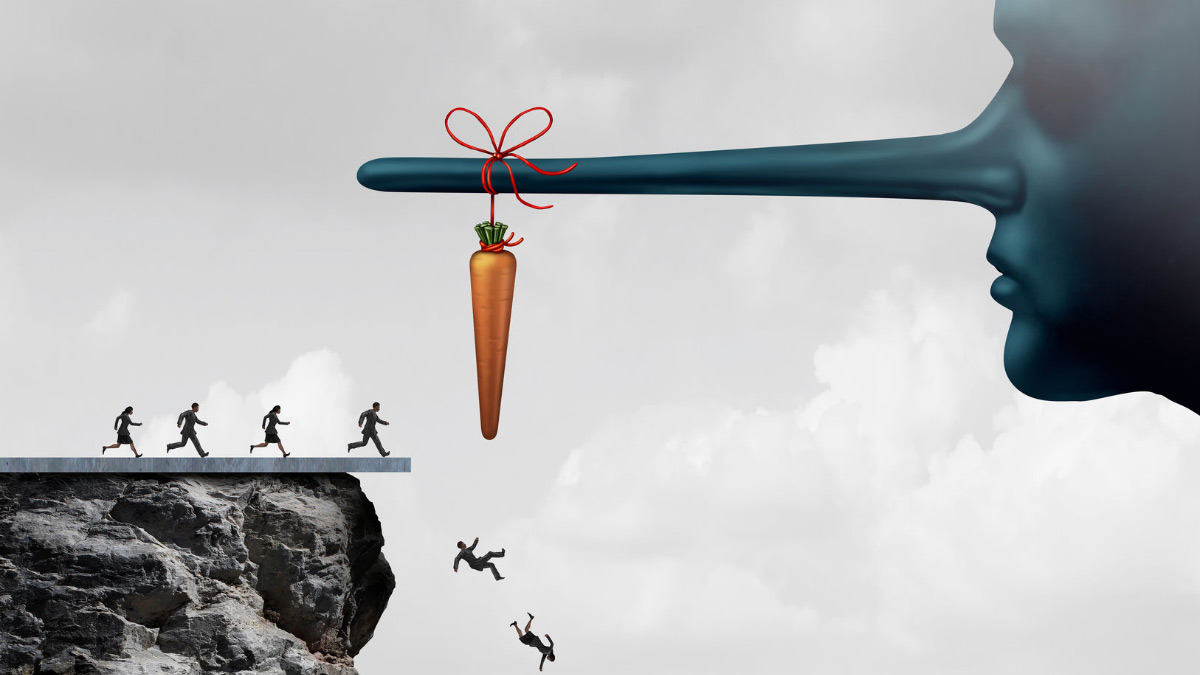The civic institutions that are at the core of our society are weakening, with negative consequences for both our comity and economy. Church attendance is down, the Ten Commandments are viewed by some as archaic, and membership in service organizations like Rotary and Kiwanis is stagnating. The set of moral imperatives that provide the glue that allows our nation to work so well, for elections to be honest, business contracts effective, and political disagreements civil, is weakening. Moral relativism is in the ascendancy, moral absolutes are declining. Our political leaders seem increasingly and excessively partisan, harsh, uncharitable and uncivil. I think one consequence of the moral decline is that universities increasingly lie and cheat, both their customers (students) and the general public. It is arguable too that universities are a partial cause of the moral decay, but I will leave that question for another day.
We have learned that the University of Oklahoma lied for about 20 years regarding the proportion of its alumni contributing to the university, used in determining the U.S. News college rankings. The motive was clearly to overstate the school’s reputation—to mislead the public. Lying to enhance rankings is not confined to Oklahoma: Temple University systematically lied for years to enhance its business school’s ranking, and I recall that when I ran the Top Colleges rankings for Forbes, a very distinguished liberal arts college, Claremont McKenna, lied in data provided to the U.S. Department of Education, trying to improve its already excellent rankings.
The consequences of lying are relatively trivial in these cases. What can U.S. News or Forbes do? Nothing really, except to exclude the schools from future rankings for some time period (which both have done). Does the broader higher education community care? No, judging from its actions. Like the NCAA with regards to the University of North Carolina phantom course scandal, absolutely nothing has been done to further hurt and embarrass the transgressors. Have the accrediting agencies put schools on probation for “lying and deception?” Has the American Council of Education condemned this inappropriate behavior? No. Lying and cheating, at least in moderation, is seemingly accepted and arguably even tacitly encouraged. University boards of trustees are usually clueless, since they are shielded from unpleasant facts, and totally ineffective in stemming moral transgressions, even sometimes, such as in the case of the University of Texas a few years ago, even possibly shielding top officials known to be behaving unethically.
But the lying and deceptive practices are far more pervasive than merely cheating to enhance magazine rankings. Jason Brennan and Phillip Magness have a new book, Cracks in the Ivory Tower: The Moral Mess of Higher Education, that argues universities engage in a variety of highly deceptive marketing and other practices that are, to put it conservatively, morally untenable. Colleges entice students to attend implying that it is a relatively risk-free path to a prosperous life, which it is not. Do the colleges tell you up front what their dropout rate is, or point out a large percent of freshmen don’t make it into the sophomore year? Do they point out that a significant portion of their graduates is underemployed? Do they tell us about the risks as well as the rewards? Besides Brennan and Magness, see my own new book, Restoring the Promise, just out from the Independent Institute.
Let us take at random a very typical American public school, Bowling Green State University in Ohio. Does that school warn students that nearly half (46%) those entering full time do not graduate in six years? Do they tell them that a large majority of students take out loans, averaging $26,000, but that nearly half of the borrowers have not paid a penny back on that debt within three years of graduation? Do they tell them that the median annual earnings 10 years after leaving Bowling Green of those getting federal assistance is barely $40,000, only slightly more than the median earnings of male workers over 25 years old with high school diplomas? (All data are from the College Scorecard of the U.S. Department of Education or the Census Bureau) Colleges need to be brutally honest, serving society rather than their narrow parochial interests. Perhaps penalties for collegiate moral transgressions need to rise.













